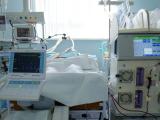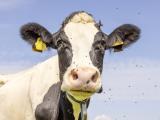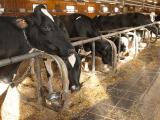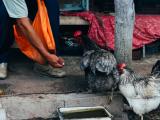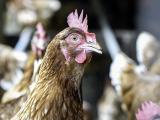Sep 1, 2006 (CIDRAP News) – Indonesia launched a month-long, nationwide media campaign today to warn people to take precautions against H5N1 avian influenza, according to news services.
Public service announcements on radio and television will urge people to wash their hands after contact with poultry, keep birds out of living areas, and cook poultry products thoroughly, according to a Bloomberg News report. People are also being urged to report sick birds to authorities and to seek treatment for illnesses that follow contact with poultry.
"We want bird flu to become part of history," said Bayu Krisnamurthi, head of the country's avian flu commission, as quoted in an Associated Press article in the Jakarta Post today.
The campaign is sponsored by the United Nations Children's Fund (UNICEF) and the Japanese government and supported by the World Health Organization, Bloomberg reported.
A UNICEF official in Indonesia, Gianfranco Rotigliano, warned that the government faces a "huge challenge" in trying to teach the rural population about avian flu, given the country's great size and many ethnic groups, according to an Agence France-Presse (AFP) report today.
The government said last month that about 30 million families keep backyard chickens, and during avian flu containment efforts, many refuse to turn in their birds despite offers of compensation, AFP reported.
Indonesia has had 60 human cases of H5N1 infection, 46 of them fatal, the second highest case count (after Vietnam) and the highest death toll.
In other news, Chinese officials are seeking 500 volunteers for the second clinical trial of an H5N1 vaccine made by Sinovac Biotech Ltd., AFP reported yesterday.
No serious adverse reactions were reported among 120 volunteers who participated in the first trial of the vaccine, officials announced earlier this week.
The Beijing Youth Daily said the aim of the second trial is to see how long the vaccine's protective effect lasts, according to AFP.
Sinovac announced this week that it plans to produce 20 million doses of the vaccine annually over the next few years, AFP reported.

